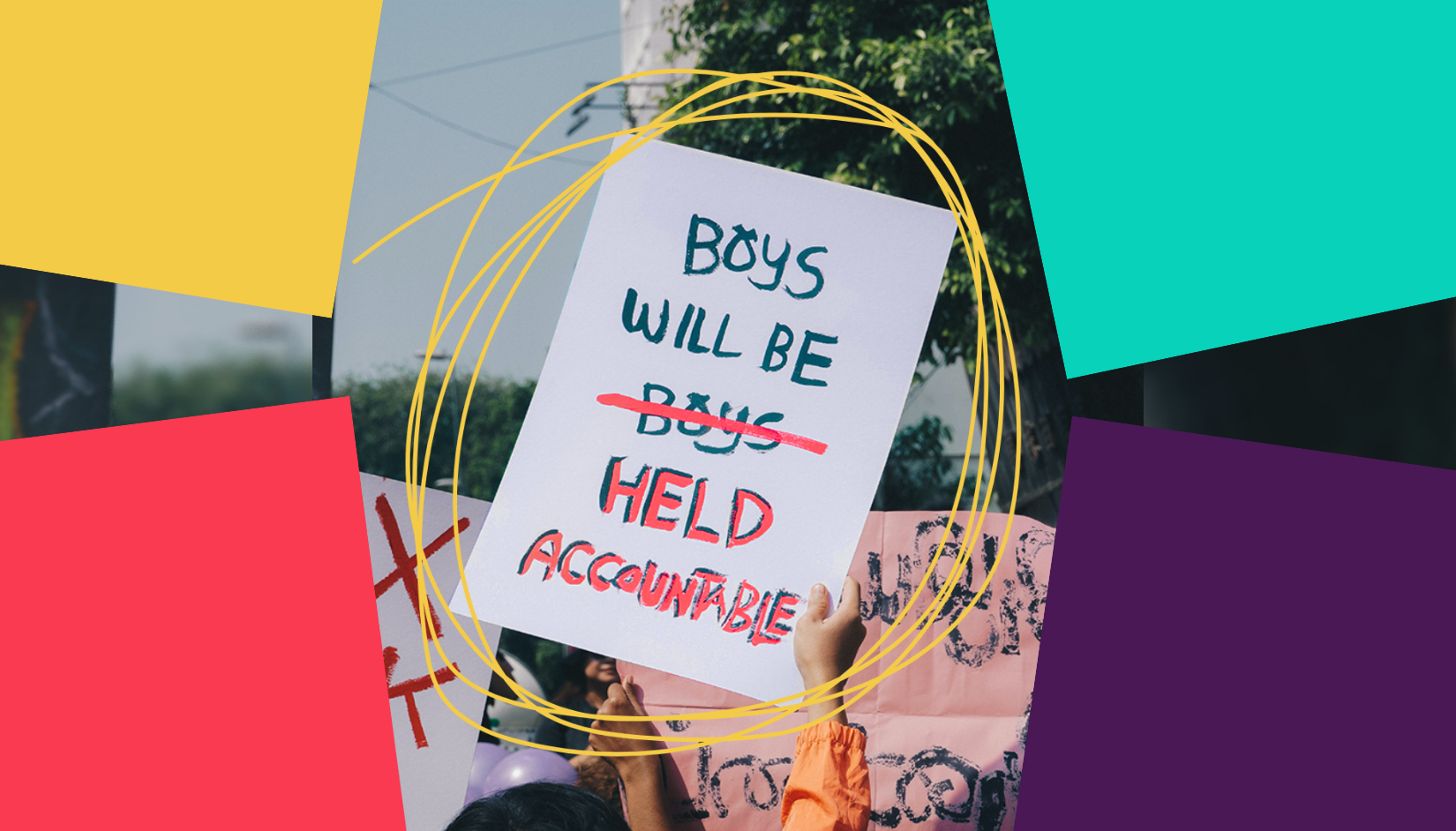 25 Nov
25 Nov
New Ofcom figures are published on the same day as the Victims’ Commissioner’s research, also highlighting the harmful impacts of online abuse on women and girls.
Today (1st June 2022), Ofcom has released figures from their major study into the nation’s online lives, showing the disproportionate impact of online abuse on women and girls. The data comes as the Online Safety Bill progresses through Parliament, with organisations calling for violence against women and girls to be named in the Bill so that tech companies are made to do more to prevent and respond to abuse.
Ofcom found that women are less confident about their online safety than men, are more negatively affected by discriminatory, hateful and trolling content, and feel less able to have a voice and share opinions online.
The study found:
- Women aged 18-34 were more likely than any other group to disagree with the statement that “being online has a positive effect on my mental health” (23% vs. 14% for the average UK adult, and 12% of men). Notably, nearly a quarter (23%) of Black women disagreed with this statement, compared to 16% of white women and 12% of Asian women.
- Women report feeling less able to share their opinions and have a ‘voice’ online (42% of women compared to 48% of men). Women are also less likely than men to feel free to be themselves online (33% vs. 39%). For many, life online can replicate harmful discriminatory dynamics that exist in wider society.
- While the majority of people say the benefits of being online outweigh the risks, women are considerably less likely than men to agree (63% vs. 71%). Similarly, fewer women feel confident that they won’t come to harm online (64% vs. 73% of men).
- Women from a minority ethnic background are particularly likely to be troubled by their harmful online experiences (52% compared to 42% of white women). They are also more likely to have experienced at least one potential harm in the last four weeks (67% vs. 61% of white women).
- Half of adult internet users support further online safety measures, with more women in favour than men (56% vs. 43%). Women also regard the protection of online users as a priority – more so than men (44% vs. 33%).
Rebecca Hitchen, Head of Policy and Campaigns at the End Violence Against Women Coalition says:
“The public want the government to do more to tackle violence against women and girls online and this data confirms that women’s lives are being significantly impacted by the abuse they are experiencing, and the threat of it. We are extremely concerned that women do not feel free to express themselves online, and that their opinions are effectively being silenced. This means that the internet, where so much of our lives are lived and opinions are formed and reproduced, risks being dominated by limited discourse which is not inclusive and does not represent our society.
We urgently call for violence against women and girls to be included in the Online Safety Bill – which, as it stands does not even mention women – and for a Code of Practice aimed at tech companies to be introduced to ensure they are doing more to protect women and girls and can be held accountable for failures, instead of profiting from their abuse.“
Earlier this month a coalition of organisations and academic experts published a Violence Against Women and Girls Code of Practice which provides a ready-to-use template of guidelines for tech companies and for Ofcom in preventing and responding to violence against women and girls online. In practice this would mean for example, that companies such as Twitter, Facebook, Instagram and Tiktok would be required to understand and address online violence against women and girls and put systems in place to help prevent abuse, along with the use of their platforms to abuse, stalk, harass, monitor and control survivors.
If the Code of Practice was adopted, the UK would become the first country in the world to hold tech companies to account for tackling violence against women and girls.
Also published today was the Victims Commissioner’s research into online abuse which found that:
- Women are more likely to experience online abuse – and more likely to experience abuse from friends or acquaintances than men.
- Victims report feeling angry and anxious: “It just made me want to withdraw from the outside world and feel very alone and depressed.”
- Victims of intimate image abuse reported experiencing the highest levels of harm.
- 40% of cyber-stalking victims say abuse lasted longer than two years.
- High levels of dissatisfaction with response from police and internet companies: “The actual experience of reporting seemed more stressful and re-traumatising than the abuse itself.”
These findings underpin what we know, that women and girls’ rights and freedoms are being restricted online, as women and girls self-censor, avoid certain platforms or come offline to avoid harm. It is also a fact that online spaces hold much higher risks for women and girls, particularly Black and minoritised women and girls, who are disproportionately targeted with abuse. As our online world becomes ever more interwoven into our daily lives offline, these harms and the fear of them affect women and girls’ ability to freely socialise, work, learn, express ourselves and join communities online.
ENDS
Recommended ARTICLES
 25 Nov
25 Nov
 15 Nov
15 Nov
 12 Nov
12 Nov

